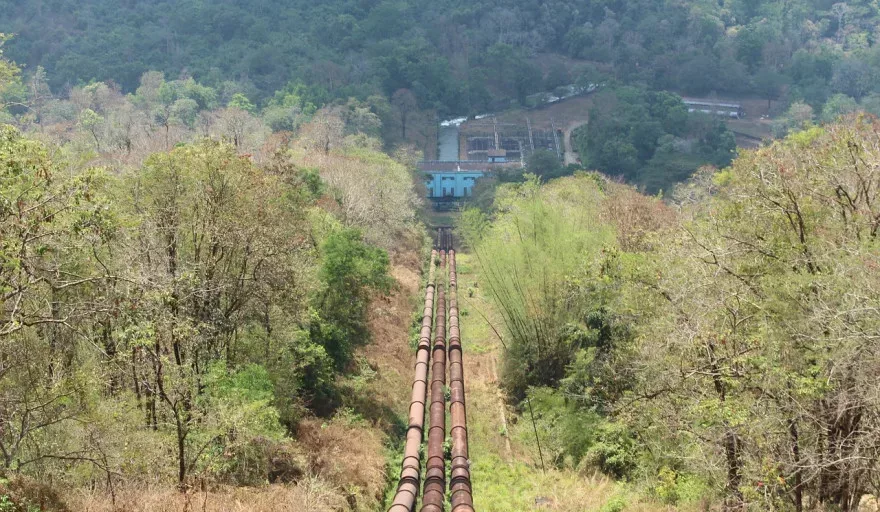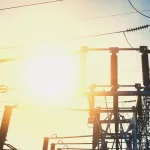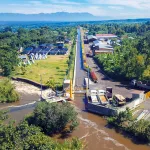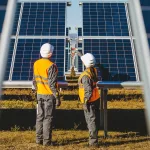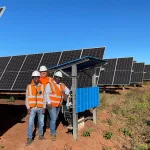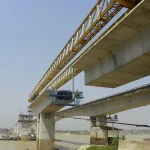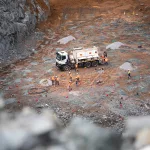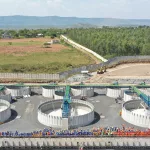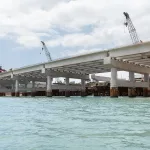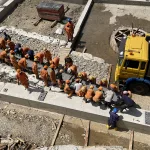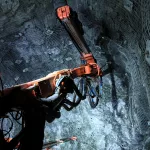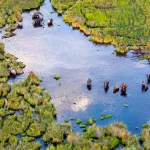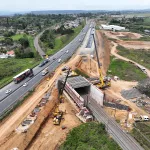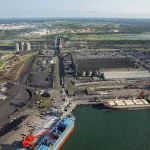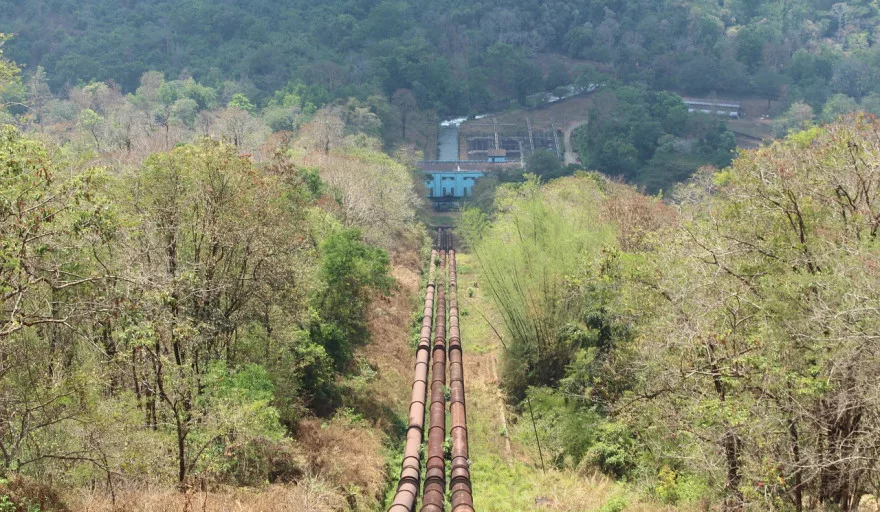
The Africa Oil and Power AOP 2019 Conference brings together African political leader, business executives and analysts to discuss the future of Africa’s energy sector. For investors considering Africa, one of the major issues is the security of their infrastructure. Derek Campbell, CEO of ENRS Inc and panellist at AOP 2019, explains the importance of securing infrastructure and the success he has had on the continent…
The mission of Energy & Natural Resource Security, Inc. (ENRS) is to ensure energy and natural resource asset owners, investors, operators, and insurers achieve resiliency and maintain continuity of Ops by mitigating risk throughout their asset’s operational life cycle – an end state that is met long-term by the implementation of “best-in-class” physical, cyber, and technical security solutions. The capabilities of ENRS allows its clients to deter, detect, delay, respond, mitigate and prevent a wide variety of threats and exposures.
ENRS is currently employing risk mitigation solutions to clients throughout the African continent. We are currently employing an integrated surveillance and monitoring system for a client that is suffering from both vandal and cyber-threat activity against their major pipeline network in West Africa. We are also providing personnel security detachments for international companies who are doing discovery operations in both East and West Africa.
The challenges nations in Africa face due to the lack of risk mitigation initiatives and expertise that is necessary for these nations to achieve energy resiliency and continuity of operations for their critical energy infrastructure and natural resource assets are many.
It is the position of ENRS that the protection of these assets is critical to ensuring that African nations have the ability to economically leverage their God-given resources to meet the global market demand for their natural resource products – giving these nations the chance to create self-sustaining economies that provide jobs for their citizenry.
The threat is real. Government and commercially owned energy operations across the globe are quickly becoming principal targets for terrorists, rogue organisations and hostile states; all while being exposed to natural disasters. Protecting and improving the resilience of energy systems and natural resource operations mandates vigilance, contingency planning, and training – ultimately requiring energy stakeholders to be actively engaged in the protection of their critical energy infrastructure and natural resource assets.
Energy security has a direct impact on the supply/availability of energy and natural resource products. The local, regional, and global demand for the energy and natural resource assets owned by African nations is constantly growing. Most nations on continent depend on the availability of supply of their Natural Resource Assets to generate economic value for their respective societies. The same is true for the power supply they generate from their natural resource assets which create off-take opportunities – locally, regionally, and globally. If this availability of supply is disrupted, secondary and tertiary negative effects will severely impact companies, industries and nations relying on this supply of energy and natural resource products from these African countries.
As with impacts on supply, security threats – physical, cyber, and technical – pose an immense danger to all major sectors of the oil and gas, power and utility, and natural resource economic value chain. This is largely due to sector overlap and interdependency. A physical, cyber, or technical attack on an upstream asset can cause operational challenges midstream that can cause financial catastrophes at the downstream end. The same is true in reverse – a downstream physical, cyber, or technical attack can disrupt midstream operations and bring upstream activity to a halt for a producer. The same scenario can impact power assets – generation, transmission, and distribution. These types of disruptions not only have negative impact on jobs at the local market level but can also have disastrous impacts on the central banks of African nations.
There is good news, however, on the horizon. Some regional efforts to address the problem are taking shape. West Africa is becoming increasingly vigilant in its efforts to ensure that risk mitigation is inherently ingrained in both its current critical energy infrastructure assets operations and its forecasted projects, where it is critical to the Final Investment Decision (FID) regarding those projects. Critical energy infrastructure assets and projects in East, Central, and Southern Africa are encouraged to be more aggressive about these efforts. North Africa has seen many attacks against its critical energy infrastructure assets – particularly in Algeria and Libya. North Africans are applying military efforts to protect these assets, but they too should look at ways to be more aggressive about implementing “best-in-class” risk mitigation solutions.
ENRS is well-positioned to assist African nations in developing security operations that implement risk mitigation solutions – deterring, detecting, delaying, responding, mitigating and preventing – that enhance the protection, and ultimately the economic viability, of critical energy infrastructure and natural resource assets on the African Continent.

